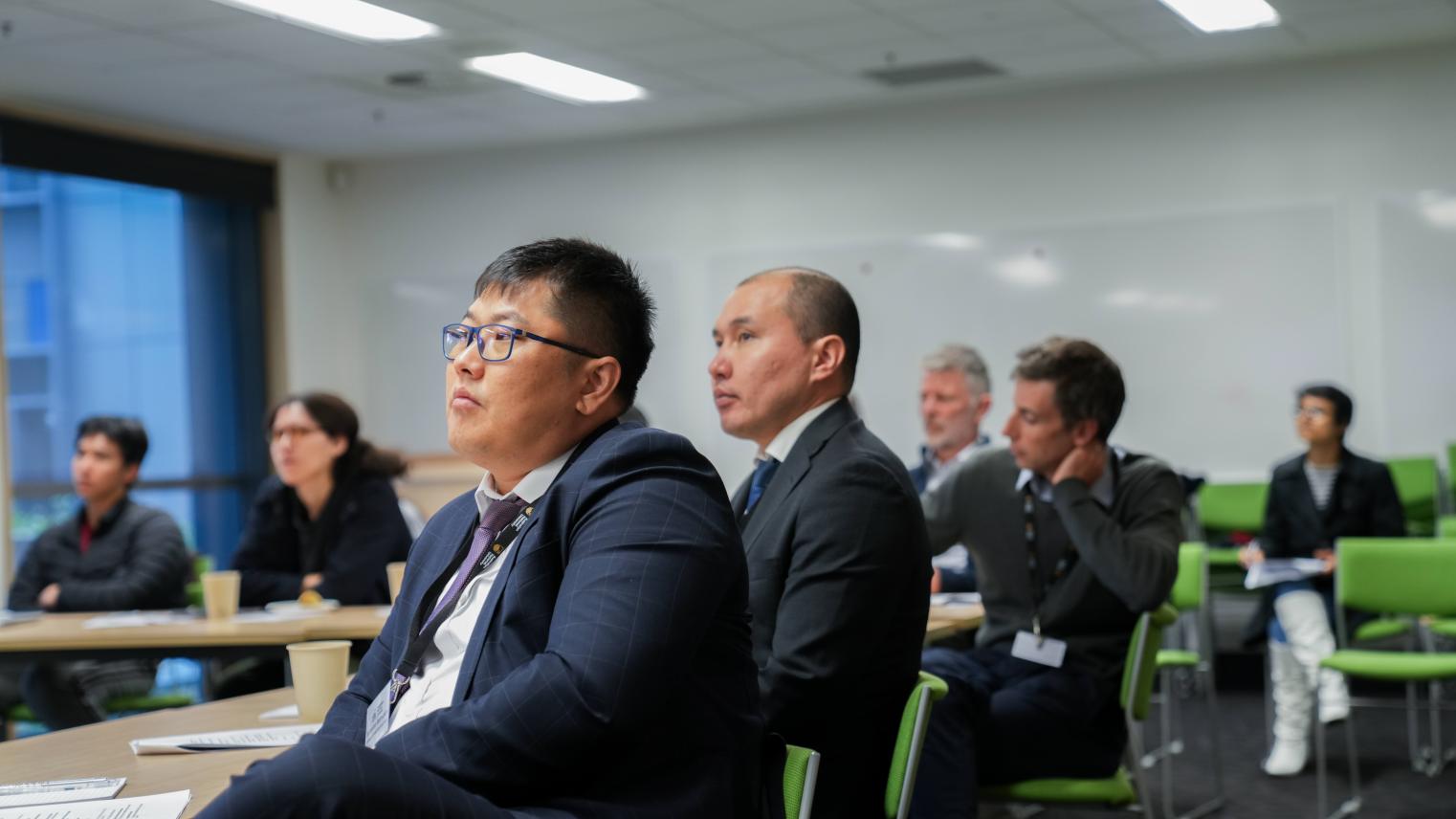Australia and Mongolia deepen ties with agricultural policy workshop

The Australian National University (ANU) hosted a major step forward in Australia-Mongolia agricultural cooperation with a workshop held on June 6, 2025 and aimed at strengthening agricultural policy collaboration between the two nations.
The event, titled 'Workshop on Bridging Experience: Agricultural Policy Development in Mongolia and Australia', convened at the ANU Crawford School of Public Policy, brought together leading researchers, policymakers, and development partners from both economies.
A platform for dialogue and shared solutions
Funded by the Australian Centre for International Agricultural Research (ACIAR), the workshop provided a forum for participants to address common challenges in agricultural policy.
Despite stark differences in geography and climate, Mongolia and Australia share a host of policy hurdles – ranging from managing pastoral systems and enhancing rural services to promoting trade, fostering innovation, and building resilience to climate change. These shared issues set the stage for a day of open, productive exchange.
Dr. Todd Sanderson, ACIAR’s Research Program Manager, opened the proceedings by highlighting the agency’s commitment to international agricultural cooperation across the Indo-Pacific. He urged attendees to view the workshop as a launchpad for deeper engagement, emphasising the importance of identifying Mongolia-specific research needs that ACIAR could support moving forward.
Professor Natasha Fijin, Director of the ANU Mongolia Institute, reinforced the workshop’s mission to foster bilateral policy dialogue in her welcoming address.
Focus on practical lessons and mutual learning
The event forms part of a broader ACIAR-funded initiative led by the Crawford School of Public Policy, designed to support Mongolia’s rural and agricultural transformation by drawing on Australian policy experience.
Project lead, Professor Yu Sheng, described Mongolia as being “at a critical juncture in its agricultural development,” noting that the workshop’s discussions would help pinpoint shared challenges and opportunities for sustainable progress.
Professor Christopher Findlay, an adviser to the work, stressed the importance of practical, context-specific lessons and the need to support local decision-making rather than impose external solutions.
Workshop sessions tackled a range of pressing topics, including rural transformation, value chains, agricultural innovation, trade, and environmental sustainability. Participants consistently highlighted the value of long-term institutional partnerships and the necessity of evidence-based policy dialogue in driving inclusive reforms.
Strengthening bilateral partnerships
The workshop also served to reinforce diplomatic ties, with Mr. Battuvshin Batmunkh, Chargé d’Affaires at the Embassy of Mongolia in Canberra, commending the event for deepening the partnership between the two countries. “The spirit of cooperation and shared learning evident today is truly commendable,” he remarked, underscoring the workshop’s role in advancing collaborative research and bilateral relations.
Looking ahead: building on shared insights
As the day concluded, participants left with a renewed commitment to leveraging shared insights for the benefit of both economies’ agricultural sectors.
Dr. Sanderson encapsulated the event’s spirit, stating, “The journey towards sustainable agriculture is a shared one. Through events like this, we are not only exchanging ideas but also building the trust and networks needed to turn those ideas into action.”
The workshop’s outcomes are expected to lay the groundwork for future policy development, capacity building, and sustainable agricultural progress in Mongolia and Australia. Representatives from the Department of Agriculture, Forestry and Fishery (DAFF) Australia, the Ministry of Economy and Development of Mongolia, and the ANU Agrifood Innovation Institute were among those in attendance, signalling broad support for ongoing collaboration.
For more information about the project, contact the Crawford School of Public Policy at ANU or ACIAR.